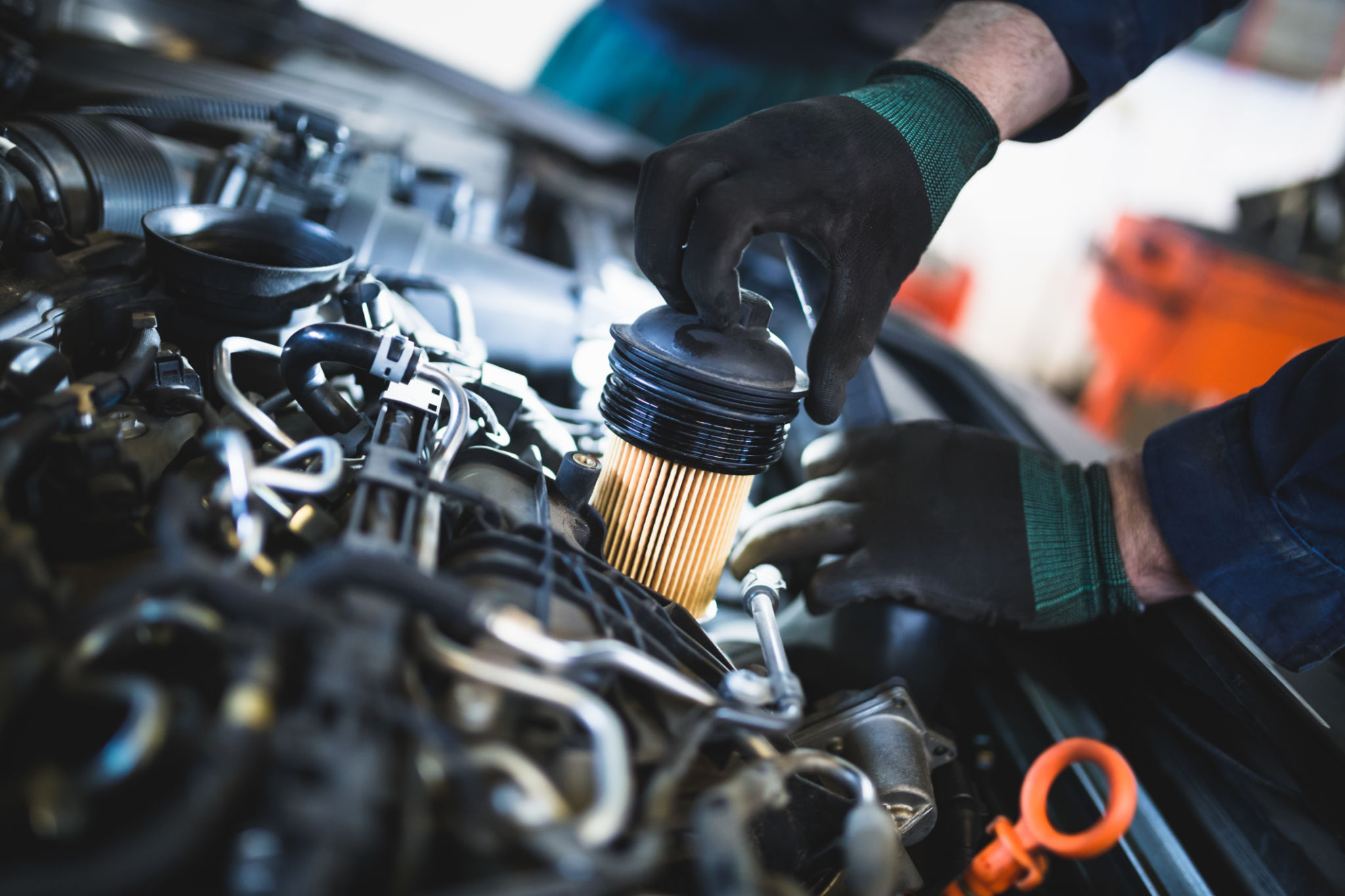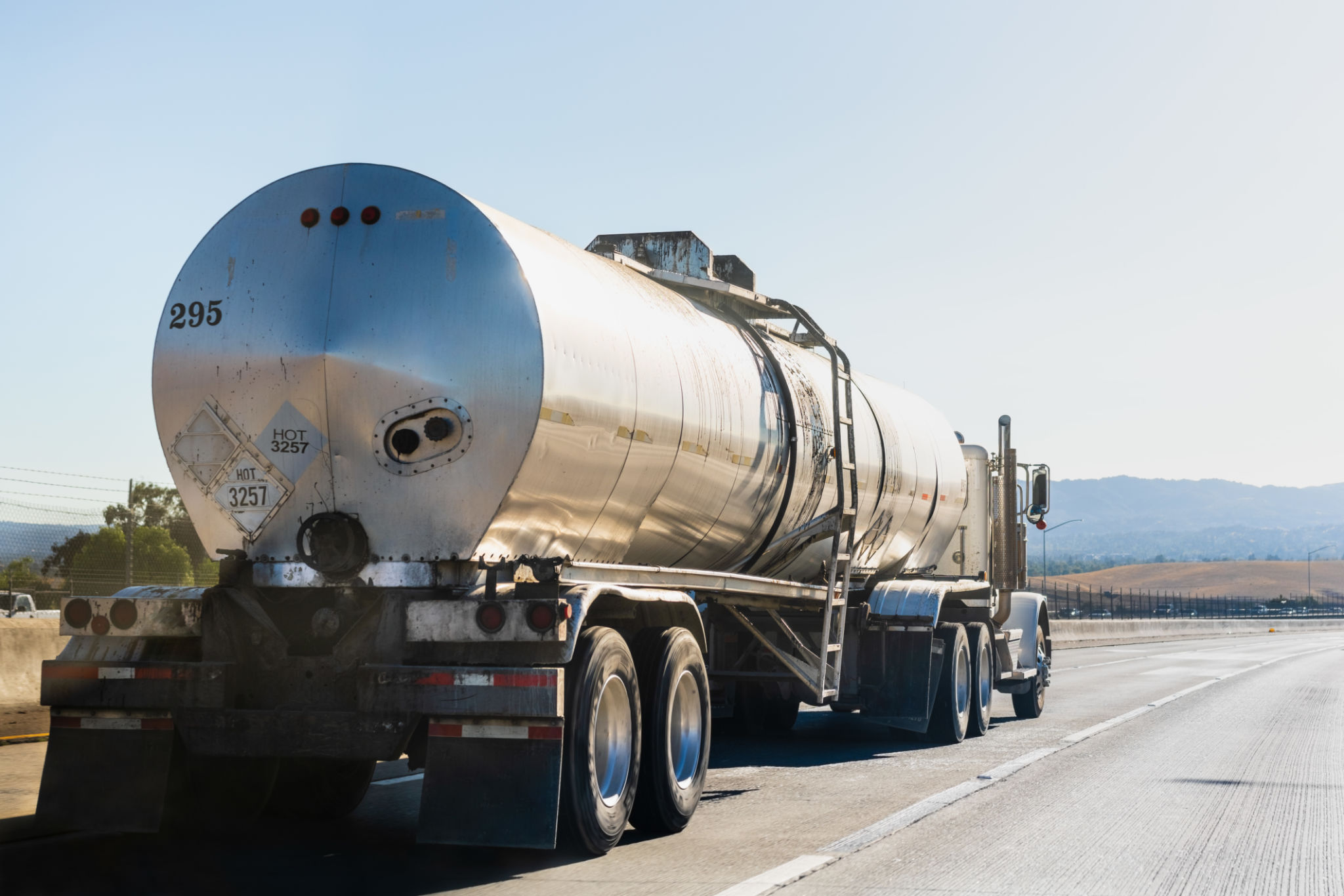How to Properly Store and Prepare Used Cooking Oil for Collection
Understanding the Importance of Proper Oil Storage and Preparation
Used cooking oil is a valuable resource that, when managed correctly, can be recycled and repurposed into biodiesel or other useful products. However, improper storage and preparation can lead to environmental issues or reduced quality of the recycled product. Understanding how to properly store and prepare used cooking oil for collection is essential for both environmental sustainability and efficient recycling.

Storing Used Cooking Oil Safely
Choosing the Right Container
To store used cooking oil, it is crucial to select a suitable container. Opt for a clean, leak-proof container with a secure lid. Metal containers can be prone to rust, so it's often best to use plastic or glass containers. Ensure that the container is labeled clearly to avoid any confusion.
Temperature Considerations
Store the used cooking oil in a cool, dark place away from direct sunlight and heat sources. High temperatures can accelerate the degradation of the oil, leading to unpleasant odors and reduced quality. Maintaining a stable temperature helps preserve the oil's integrity until it is ready for collection.

Preparing Used Cooking Oil for Collection
Filtering the Oil
Before you store the used cooking oil, it's beneficial to filter out food particles and debris. Use a fine mesh strainer or cheesecloth to remove any solids. This step not only keeps the oil clean but also prevents contamination during storage, which is crucial for recycling purposes.
Avoiding Contamination
Ensure that no water or other liquids mix with the used cooking oil. Water contamination can cause the oil to spoil more quickly and complicate the recycling process. Always use dry utensils and containers when handling used cooking oil.

Organizing Oil Collection
Scheduling Regular Pickups
Consistency is key when it comes to used cooking oil collection. Schedule regular pickups with a certified collection service to ensure your stored oil does not overflow or spoil. Many services offer free collection for businesses that produce significant amounts of used oil.
Working with Certified Collectors
Choose a reputable and certified oil collection service that complies with local regulations. These professionals have the expertise and equipment needed to transport and process used cooking oil safely and efficiently, contributing positively to recycling efforts.

Benefits of Recycling Used Cooking Oil
Recycling used cooking oil not only benefits the environment by reducing waste but also supports the production of renewable energy sources like biodiesel. By participating in proper storage and collection practices, you are contributing to a more sustainable future.
In summary, proper storage and preparation of used cooking oil are essential steps in promoting responsible recycling practices. By following these guidelines, you can ensure that your used cooking oil is safely stored, effectively prepared, and efficiently collected for recycling.